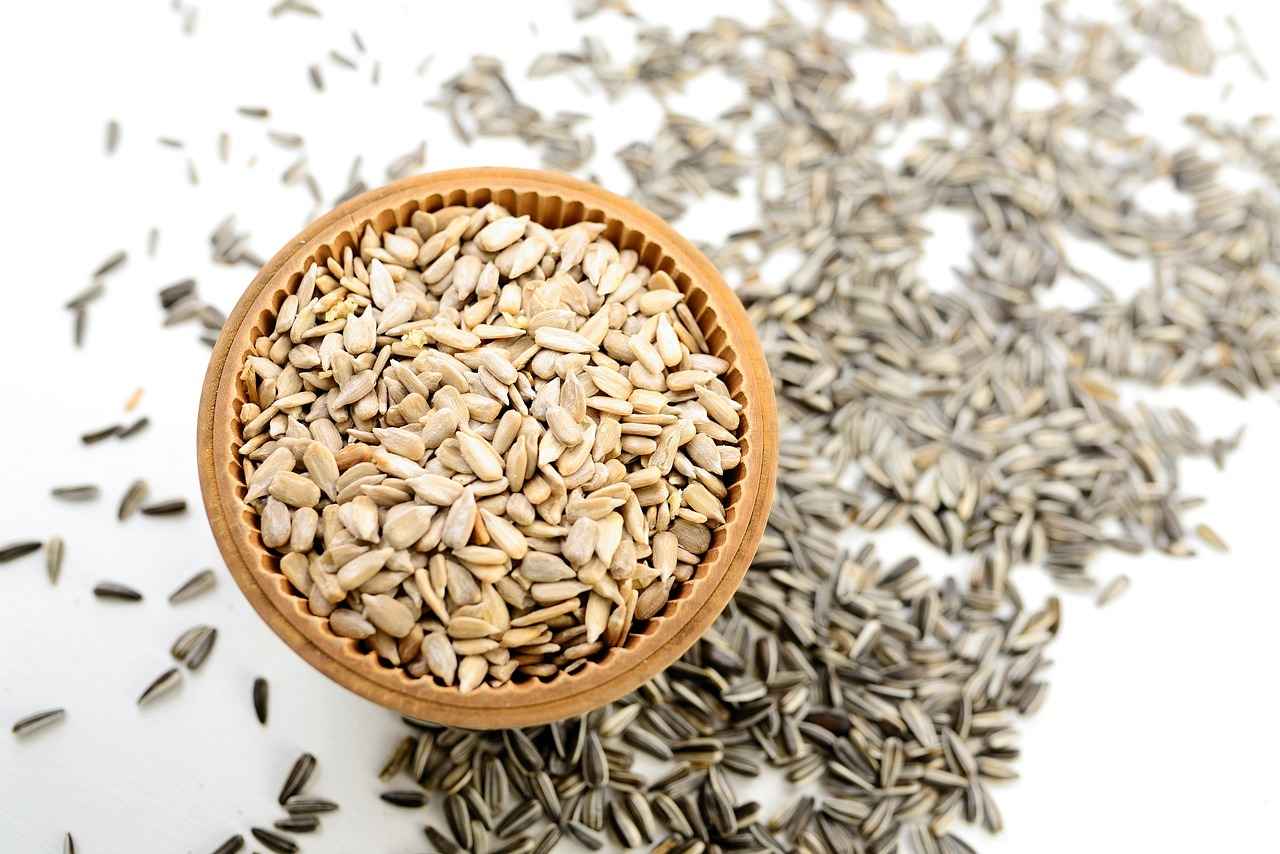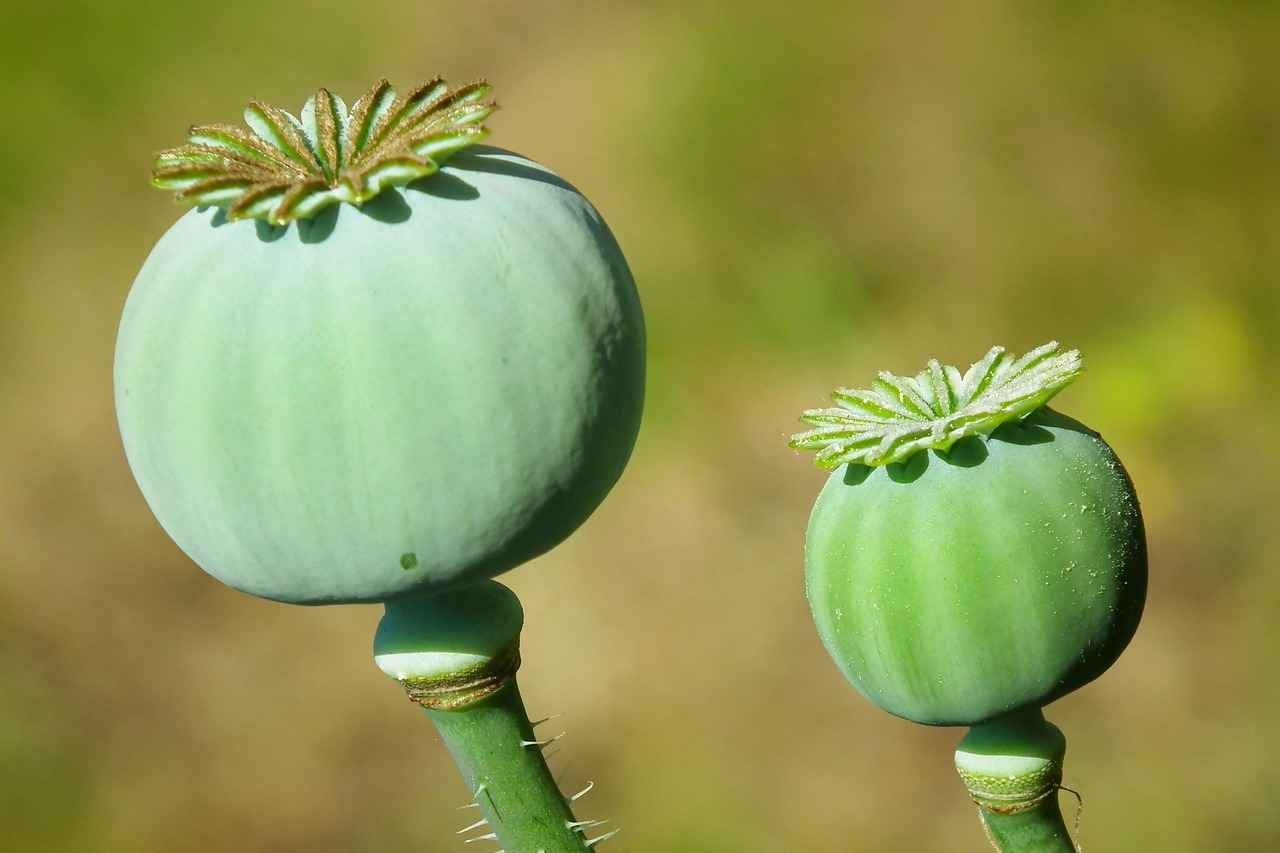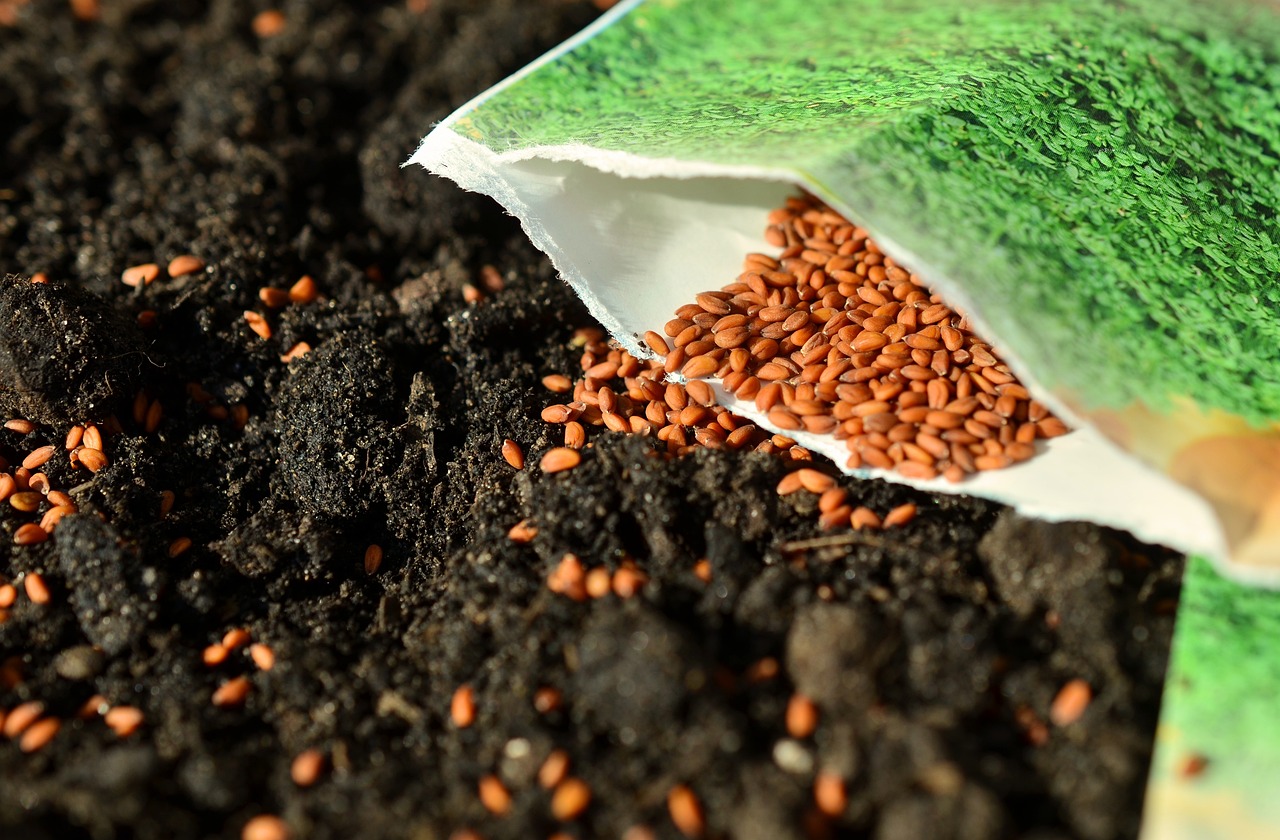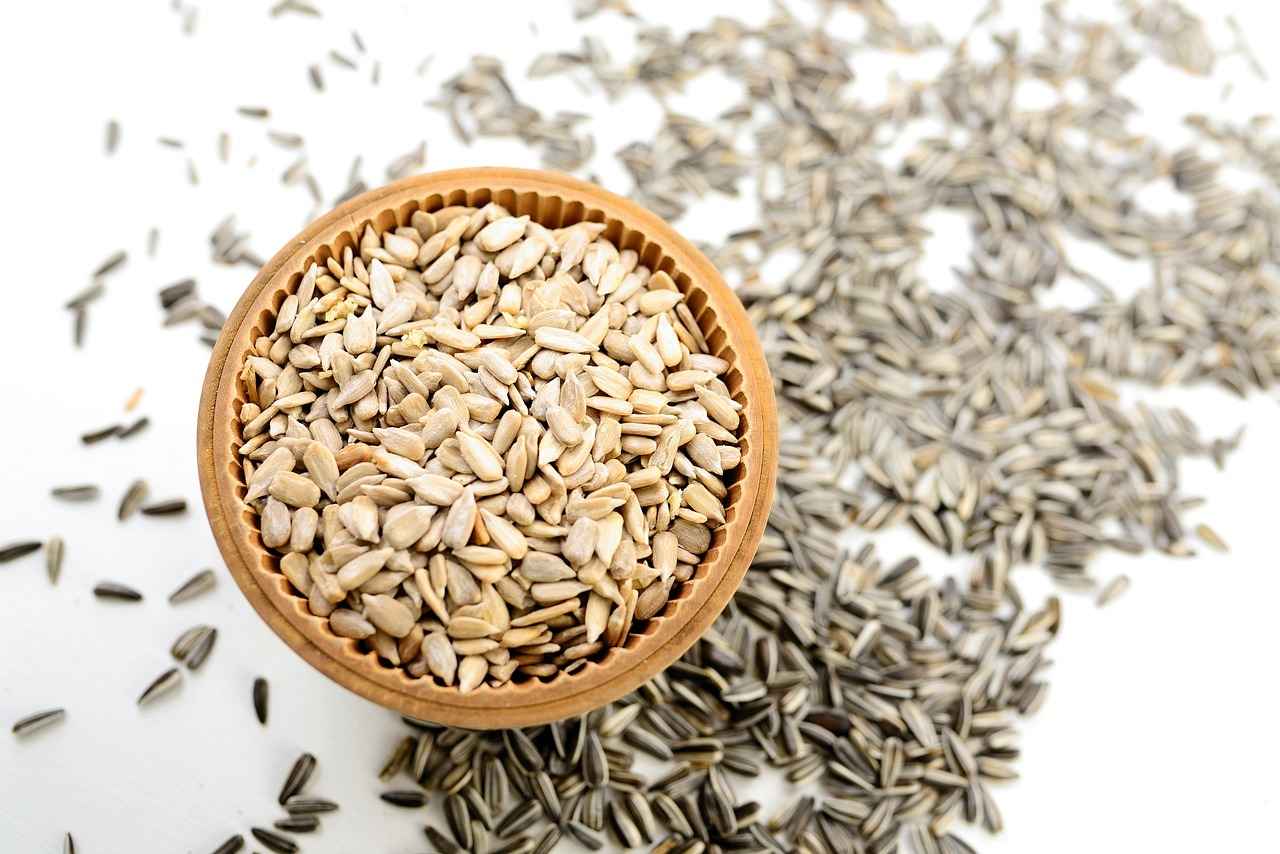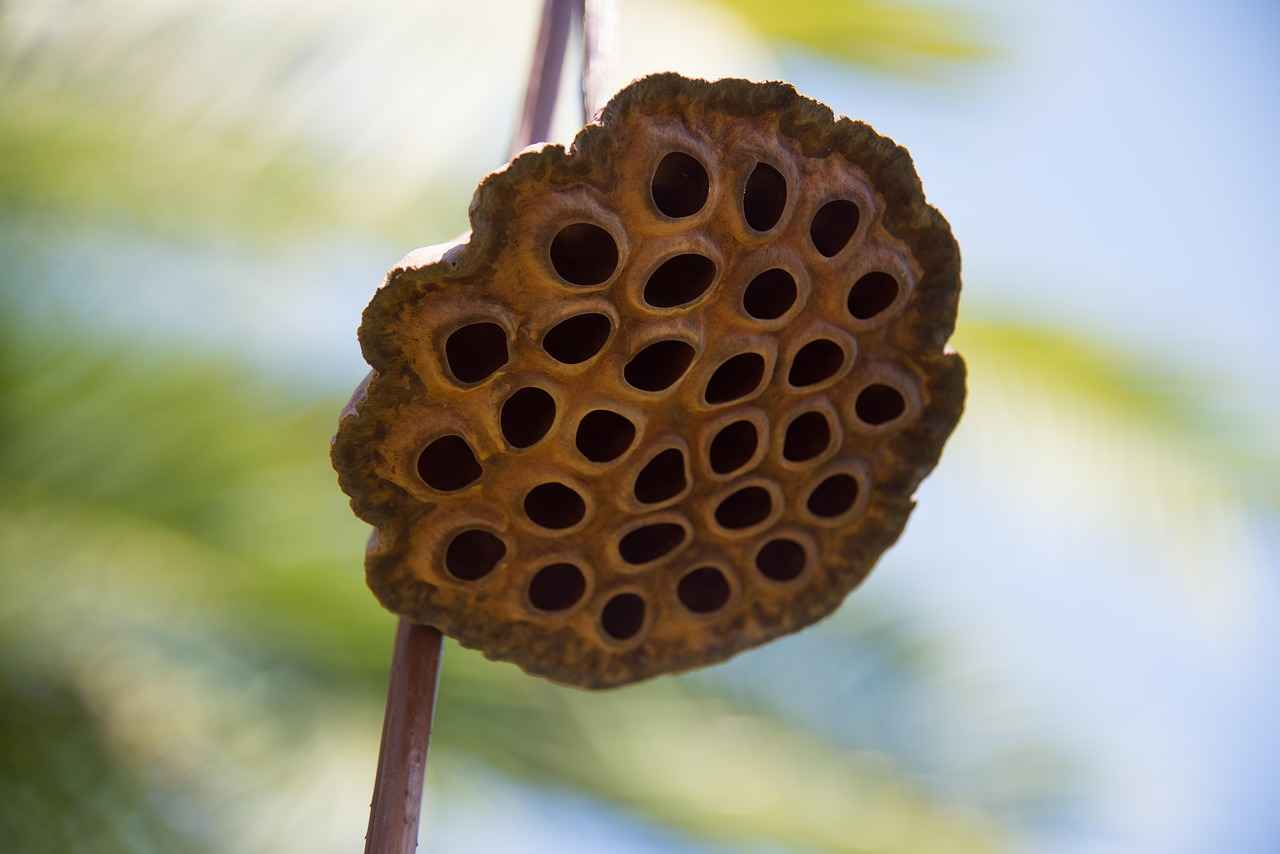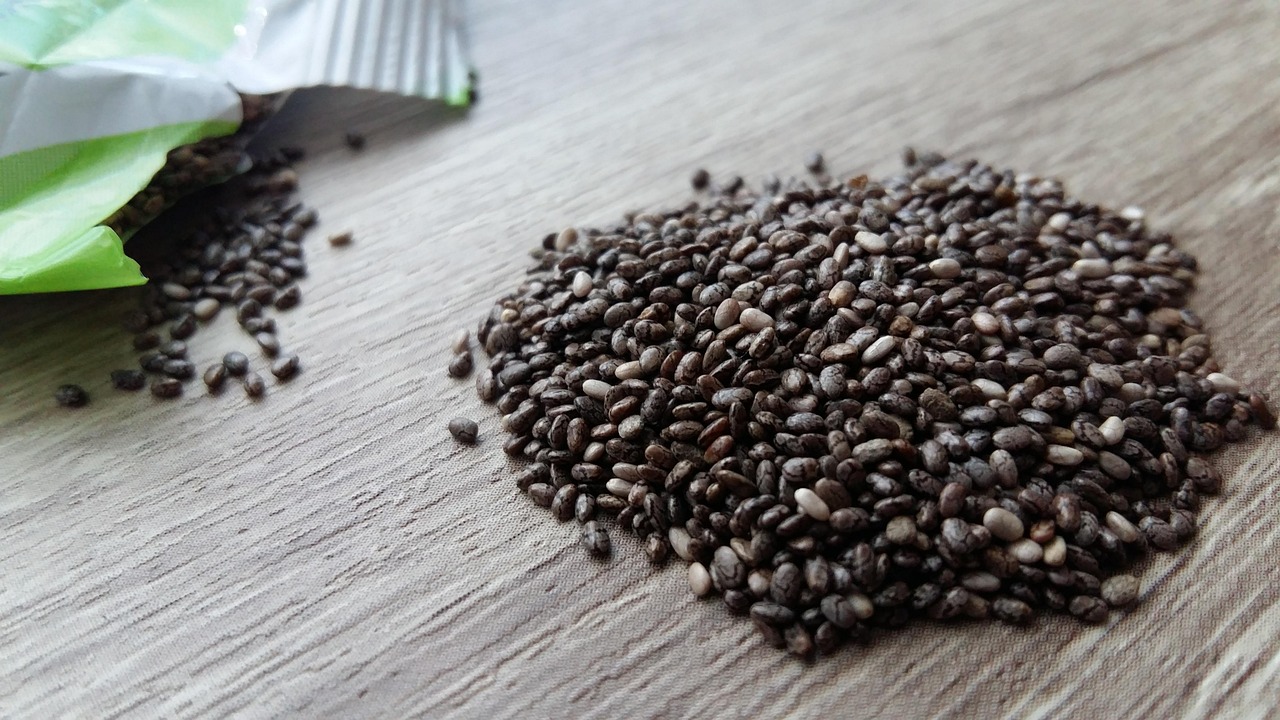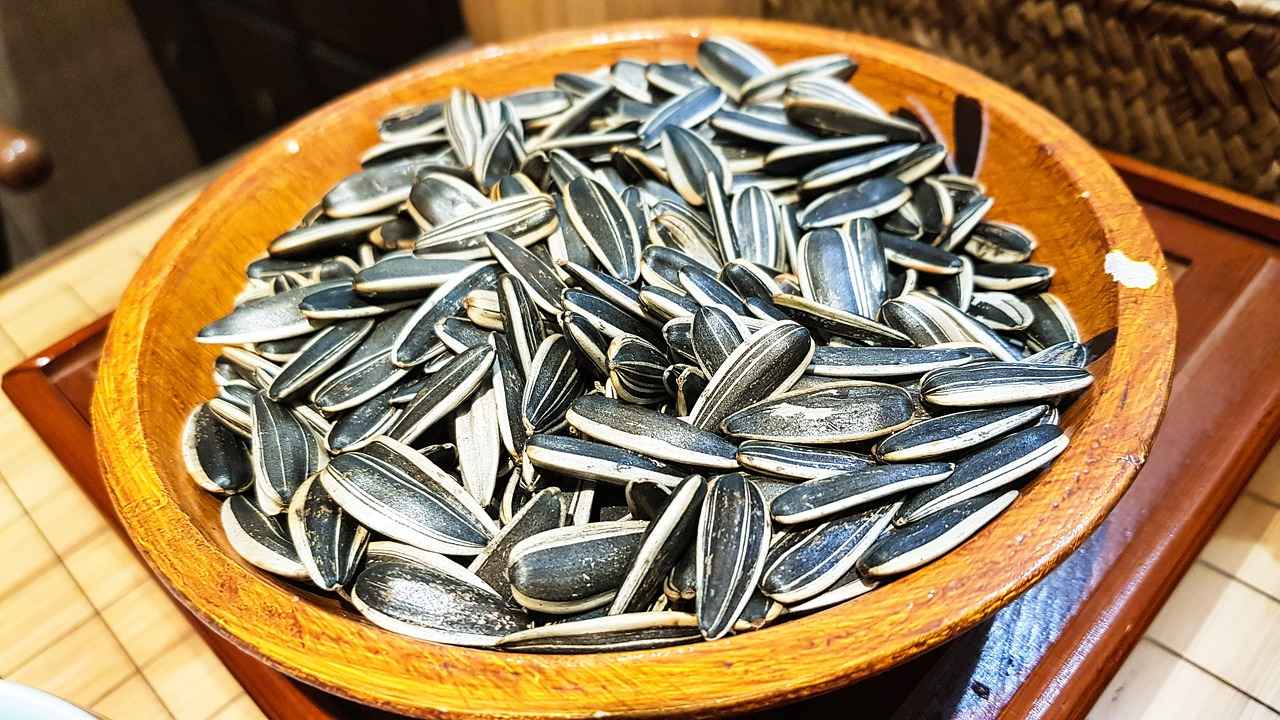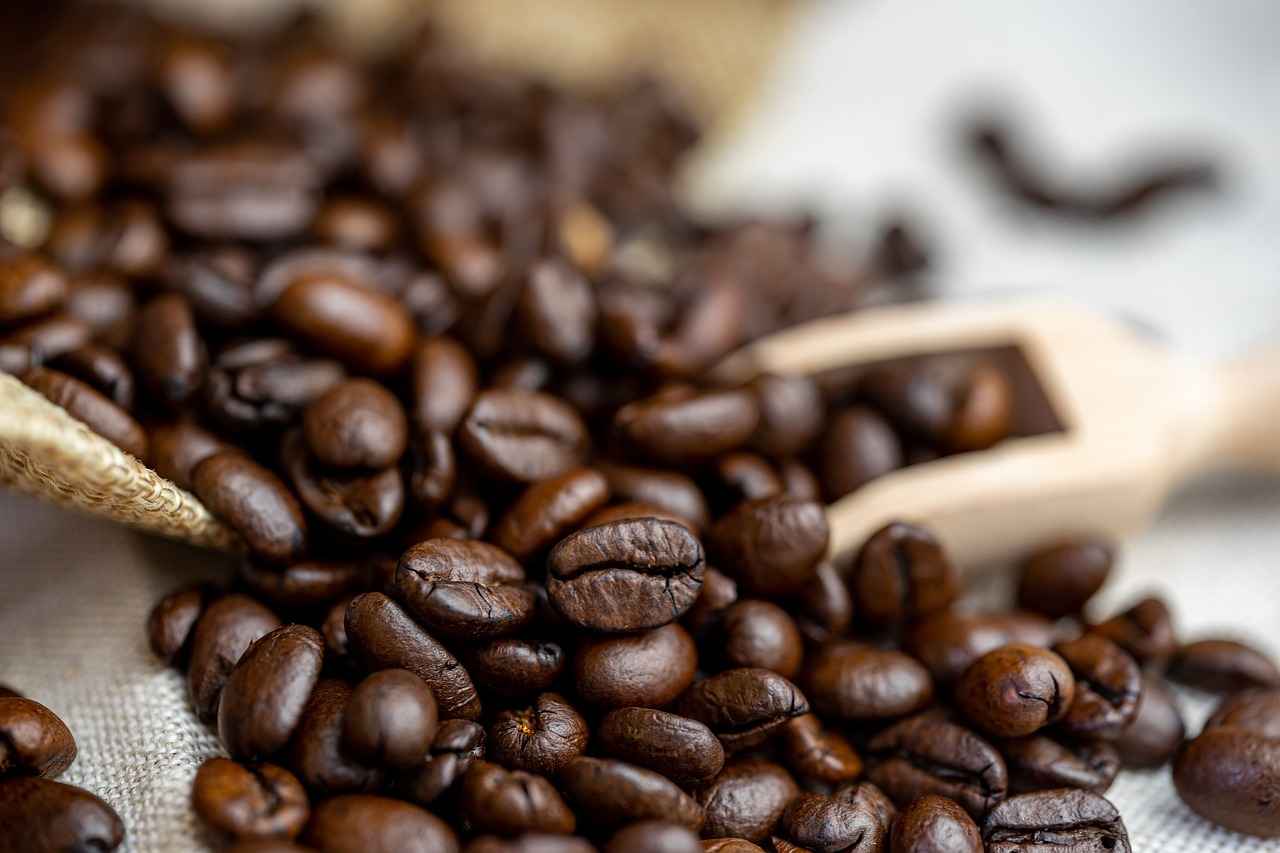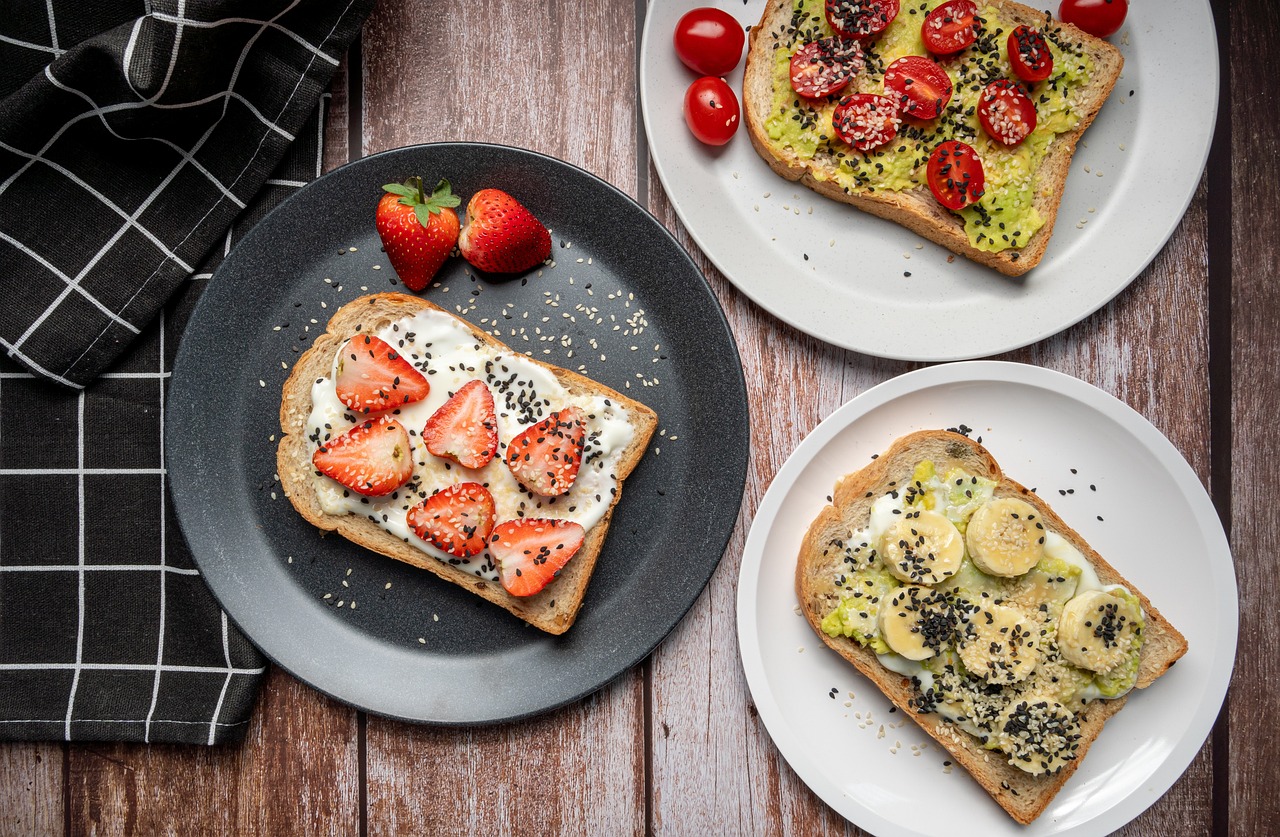Chia seeds are rapidly gaining popularity as a nutrient-dense superfood, particularly among fitness enthusiasts and health-conscious individuals. These tiny seeds, derived from the Salvia hispanica plant, are packed with essential nutrients that support overall health and fitness goals. This article delves into the protein content of chia seeds, their numerous benefits, and how they can effectively support muscle growth.
Chia seeds are small, black or white seeds that have been consumed for centuries due to their remarkable health benefits. They are renowned for their high content of omega-3 fatty acids, dietary fiber, and protein, making them an excellent addition to any diet, especially for those looking to enhance their fitness regimen.
In recent years, there has been a significant shift towards plant-based diets. Chia seeds are an excellent source of protein that offers several advantages over animal-based proteins. They are lower in cholesterol, more sustainable, and often easier to digest. Additionally, plant-based proteins are linked to numerous health benefits, including reduced risk of chronic diseases.
Chia seeds contain about 4 grams of protein per 2 tablespoons (28 grams). This protein is complete, meaning it contains all nine essential amino acids necessary for muscle repair and growth. To put this in perspective, chia seeds provide a comparable protein content to other popular sources such as quinoa and soy.
Chia seeds not only provide a good protein source but also contain essential amino acids that support muscle repair and growth. Their high fiber content aids in digestion and helps maintain energy levels during workouts. Furthermore, the omega-3 fatty acids in chia seeds can help reduce inflammation and promote recovery after strenuous exercise.
Incorporating chia seeds into your daily meals is simple and versatile. Here are some practical tips:
- Add them to smoothies for a nutrient boost.
- Sprinkle on salads for added texture and nutrition.
- Mix with yogurt or oatmeal for a hearty breakfast.
- Use them in baking as a substitute for eggs.
When comparing chia seeds to other protein sources, such as whey and soy, it’s essential to consider their unique benefits. While whey protein is known for its quick absorption, chia seeds provide a sustained release of energy due to their fiber content. This makes them ideal for those looking for a more balanced source of protein throughout the day.
Although chia seeds are generally safe for most individuals, consuming them in excess can lead to digestive issues such as bloating or gas. It’s recommended to start with a small amount and gradually increase your intake to allow your body to adjust.
Chia seeds are known for their satiating properties, which can aid in weight management. When consumed, they expand in size and absorb water, helping you feel full longer. This can be particularly beneficial for those looking to control their appetite and maintain a healthy diet.
Beyond protein, chia seeds are a rich source of omega-3 fatty acids, fiber, antioxidants, and various vitamins and minerals, including calcium and magnesium. This nutrient density makes them an excellent choice for anyone looking to improve their overall health.
Chia seeds can absorb up to 12 times their weight in water, making them beneficial for hydration. This property can be particularly advantageous for athletes and active individuals, as staying hydrated is crucial for optimal performance.

What Are Chia Seeds?
Chia seeds have emerged as a popular superfood in recent years, captivating the attention of health enthusiasts and fitness aficionados alike. These tiny, nutrient-dense seeds are derived from the Salvia hispanica plant, which is native to Central America. Their growing popularity can be attributed to their impressive nutritional profile, which includes a wealth of omega-3 fatty acids, fiber, and protein. In this section, we will explore the characteristics of chia seeds, their origins, and why they are considered a powerhouse of nutrition.
Chia seeds are small, oval-shaped seeds that come in various colors, including black, white, and brown. They are known for their ability to absorb liquid, swelling up to ten times their original size when soaked in water. This unique property makes them an excellent addition to smoothies, puddings, and baked goods.
- High in Nutrients: Chia seeds are packed with essential nutrients, including protein, fiber, calcium, magnesium, and antioxidants.
- Rich in Omega-3 Fatty Acids: They are one of the richest plant sources of omega-3 fatty acids, which are crucial for heart health and reducing inflammation.
- Excellent Source of Fiber: With about 11 grams of fiber per ounce, chia seeds contribute to digestive health and help maintain a feeling of fullness.
These seeds have been consumed for centuries, dating back to ancient civilizations such as the Aztecs and Mayans, who valued them for their energy-boosting properties. In modern times, chia seeds have gained recognition as a versatile ingredient that can be easily incorporated into various diets, including vegan and gluten-free options.
The term superfood is often used to describe foods that offer exceptional nutritional benefits. Chia seeds fit this definition due to their remarkable composition. For example, they are a complete protein source, meaning they provide all nine essential amino acids that the body cannot produce on its own. This makes them a fantastic option for vegetarians and vegans seeking to increase their protein intake.
Additionally, the high fiber content in chia seeds promotes digestive health and helps regulate blood sugar levels, making them a suitable choice for those managing diabetes. Their ability to absorb water can also aid in hydration, especially for athletes and active individuals.
Incorporating chia seeds into your daily routine is simple and versatile. Here are some practical ways to enjoy them:
- Chia Pudding: Mix chia seeds with your choice of milk or plant-based alternatives and let it sit overnight for a delicious pudding.
- Smoothie Booster: Add a tablespoon of chia seeds to your smoothies for an extra nutrient boost.
- Baking Ingredient: Substitute a portion of flour in your favorite recipes with chia seeds for added nutrition.
Overall, chia seeds are a remarkable addition to any diet, providing essential nutrients that support overall health and well-being. Their versatility and health benefits make them a perfect choice for anyone looking to enhance their nutritional intake.
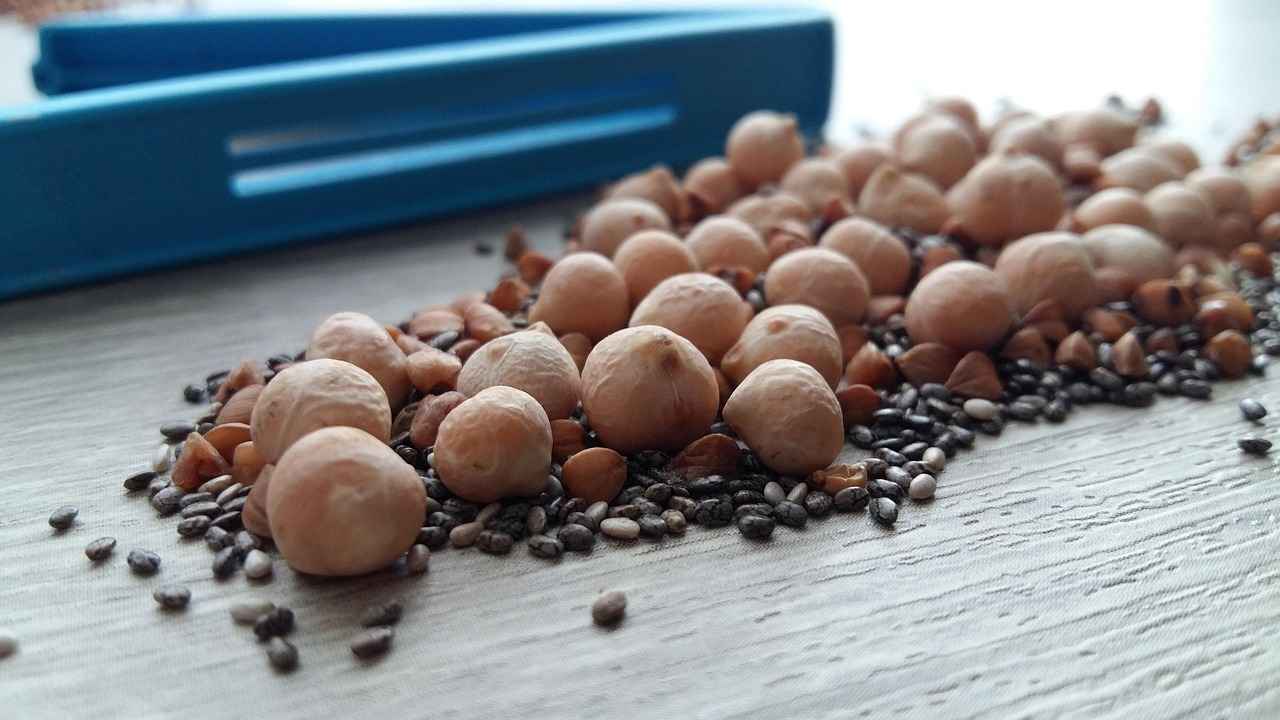
Why Choose Plant-Based Protein?
In recent years, there has been a significant shift towards plant-based diets, and for good reason. The choice of plant-based protein sources, such as chia seeds, is becoming increasingly popular due to their numerous health benefits, sustainability, and lower cholesterol levels compared to traditional animal proteins. This section explores the compelling reasons to opt for plant-based protein and why chia seeds stand out among the options.
Health Benefits: One of the primary reasons to choose plant-based protein is the myriad of health benefits associated with it. Unlike many animal proteins, plant-based sources tend to be lower in saturated fats and cholesterol. For instance, chia seeds are rich in omega-3 fatty acids, which are known to promote heart health and reduce inflammation. Additionally, they are high in dietary fiber, which aids in digestion and promotes a feeling of fullness, making them an excellent choice for those looking to manage their weight.
Sustainability: The environmental impact of food production is a growing concern for many consumers. Plant-based proteins, including chia seeds, require significantly less water and land to produce compared to animal proteins. According to research, shifting to a plant-based diet can help reduce carbon emissions and conserve natural resources, making it a more sustainable choice for the planet. By choosing chia seeds as a protein source, you are not only benefiting your health but also contributing to a healthier planet.
Lower Cholesterol Levels: High cholesterol levels are a major risk factor for heart disease. Plant-based proteins like chia seeds can help lower cholesterol levels due to their high fiber content and absence of saturated fats. Studies have shown that incorporating plant-based proteins into your diet can lead to improved lipid profiles and overall cardiovascular health.
Versatility in Diet: Another advantage of plant-based proteins is their versatility. Chia seeds can be easily incorporated into a variety of dishes, from smoothies and oatmeal to salads and baked goods. This adaptability allows individuals to enjoy the benefits of chia seeds without feeling restricted in their dietary choices. For those seeking variety, chia seeds can be used to create chia pudding, energy bars, or even as a thickening agent in soups and sauces.
Rich Nutritional Profile: Beyond protein, chia seeds are packed with essential nutrients. They are an excellent source of calcium, magnesium, and antioxidants, which are crucial for maintaining overall health. The combination of protein, healthy fats, and fiber makes chia seeds a complete nutritional powerhouse that supports various bodily functions and promotes overall well-being.
Increased Satiety: One of the key benefits of chia seeds is their ability to promote satiety. When soaked in liquid, chia seeds expand and form a gel-like consistency, which can help you feel fuller for longer. This property can be particularly beneficial for those trying to control their appetite and reduce snacking between meals, ultimately supporting weight management goals.
Conclusion: The advantages of choosing plant-based protein sources like chia seeds are clear. From their health benefits and sustainability to their versatility and rich nutritional profile, chia seeds represent a smart choice for anyone looking to improve their diet. By incorporating these tiny seeds into your meals, you can enjoy a range of benefits while supporting your health and the health of the planet.
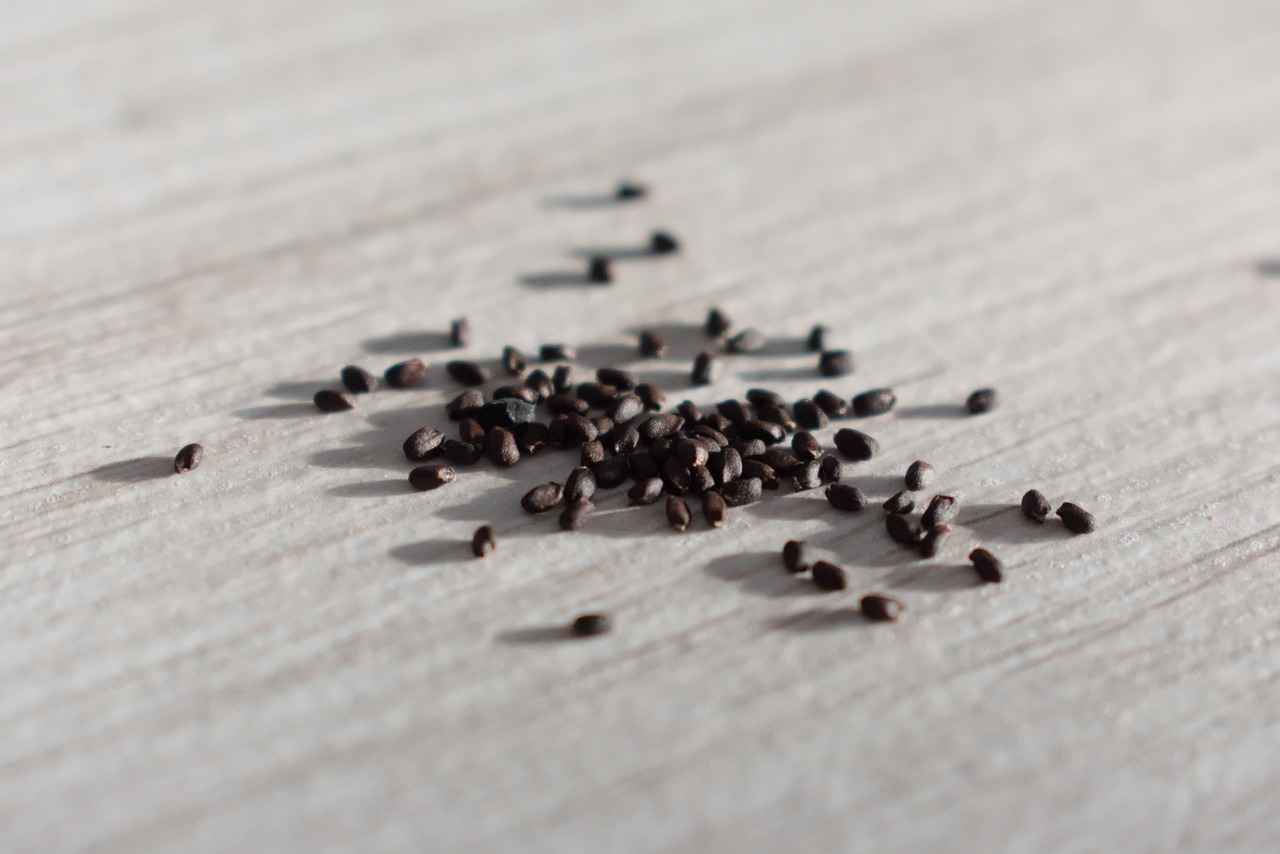
How Much Protein Do Chia Seeds Contain?
Chia seeds are often heralded as a nutritional powerhouse, particularly when it comes to their protein content. These tiny seeds, derived from the Salvia hispanica plant, are not only versatile in culinary applications but also serve as an excellent source of plant-based protein. In this section, we will explore the protein content of chia seeds, how they compare to other common protein sources, and why they are a valuable addition to your diet.
Chia seeds pack a significant protein punch, containing approximately 4 grams of protein per 2 tablespoons. This amount may seem modest, but it’s important to consider the quality of the protein provided. Chia seeds are a complete protein, meaning they contain all nine essential amino acids that the body cannot produce on its own. This makes them an excellent option for vegetarians and vegans seeking to meet their protein needs.
When compared to other common protein sources, chia seeds hold their own:
| Protein Source | Protein Content (per serving) |
|---|---|
| Chia Seeds (2 tbsp) | 4 grams |
| Chicken Breast (3 oz) | 26 grams |
| Greek Yogurt (1 cup) | 20 grams |
| Lentils (1 cup cooked) | 18 grams |
| Tofu (1/2 cup) | 20 grams |
As illustrated in the table, while chia seeds may not provide as much protein per serving as animal-based sources like chicken or dairy, they offer a unique combination of benefits. Their high fiber content, healthy fats, and antioxidants make them a more balanced option for those looking to enhance their overall nutrient intake.
- Plant-Based Benefits: Chia seeds are an excellent choice for those following a plant-based diet. They provide a complete protein source without the saturated fats often found in animal proteins.
- Versatility: Chia seeds can be easily incorporated into various meals, from smoothies to baked goods, enhancing both texture and nutritional value.
- Health Benefits: Beyond protein, chia seeds are rich in omega-3 fatty acids, which are essential for heart health, and dietary fiber, which aids digestion.
In summary, while chia seeds may not be the highest protein source available, their nutritional profile and versatility make them a fantastic addition to any diet. They provide a unique blend of protein, fiber, and healthy fats that can support overall health and wellness.
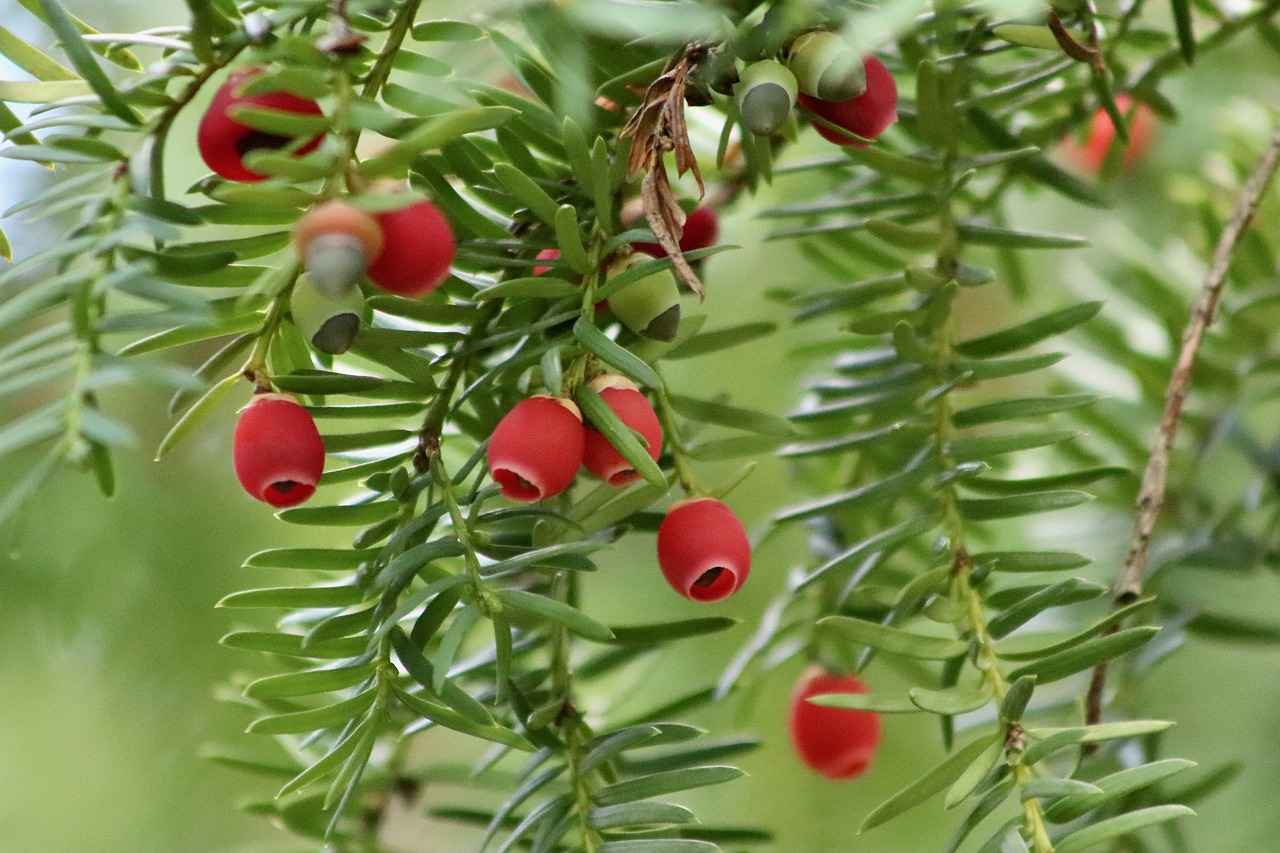
Benefits of Chia Seeds for Muscle Growth
Chia seeds, often hailed as a superfood, are increasingly recognized for their remarkable contributions to muscle growth and recovery. These tiny seeds, packed with essential nutrients, offer a plant-based alternative for those seeking to enhance their fitness regimen. In this section, we delve into the specific benefits that chia seeds provide for muscle development and post-exercise recovery.
Chia seeds contain approximately 4 grams of protein per 2 tablespoons, making them a substantial source of plant-based protein. Unlike many other plant proteins, chia seeds are a complete protein, meaning they provide all nine essential amino acids that the body cannot produce on its own. This is crucial for muscle repair and growth, especially after intense workouts.
After exercise, the body requires adequate nutrients to repair and build muscle tissue. Chia seeds are rich in omega-3 fatty acids, which have been shown to reduce inflammation and promote faster recovery. This property is vital for athletes and fitness enthusiasts who push their bodies to the limit. Additionally, the high fiber content in chia seeds helps maintain stable blood sugar levels, providing a steady energy source during recovery.
- Protein: Supports muscle repair and growth.
- Omega-3 Fatty Acids: Reduces inflammation and aids recovery.
- Fiber: Promotes digestive health and stabilizes energy levels.
- Antioxidants: Combat oxidative stress caused by intense workouts.
Incorporating chia seeds into your diet is both simple and versatile. Here are a few ways to enjoy their benefits:
- Add them to smoothies for a protein boost.
- Mix them into yogurt or oatmeal for added texture and nutrition.
- Use chia seeds as an egg substitute in baking, providing moisture and binding.
- Soak them in water or juice to create a gel-like consistency, perfect for puddings or as a topping.
While chia seeds are generally safe for most individuals, consuming them in excessive amounts may lead to digestive issues due to their high fiber content. It’s advisable to start with smaller servings and gradually increase your intake to allow your body to adjust. Staying hydrated is also essential, as chia seeds can absorb up to 10-12 times their weight in water.
When considering protein sources, chia seeds stand out due to their unique nutritional profile. Unlike whey protein, which is derived from dairy, chia seeds are suitable for vegans and those with lactose intolerance. They also provide additional health benefits, such as fiber and omega-3 fatty acids, which are often lacking in animal-based protein sources.
In summary, chia seeds offer a wealth of benefits for muscle growth and recovery. Their complete protein profile, combined with essential fatty acids and fiber, makes them an excellent choice for anyone looking to enhance their fitness journey. By incorporating chia seeds into your diet, you can support your body’s recovery process and promote muscle development effectively.
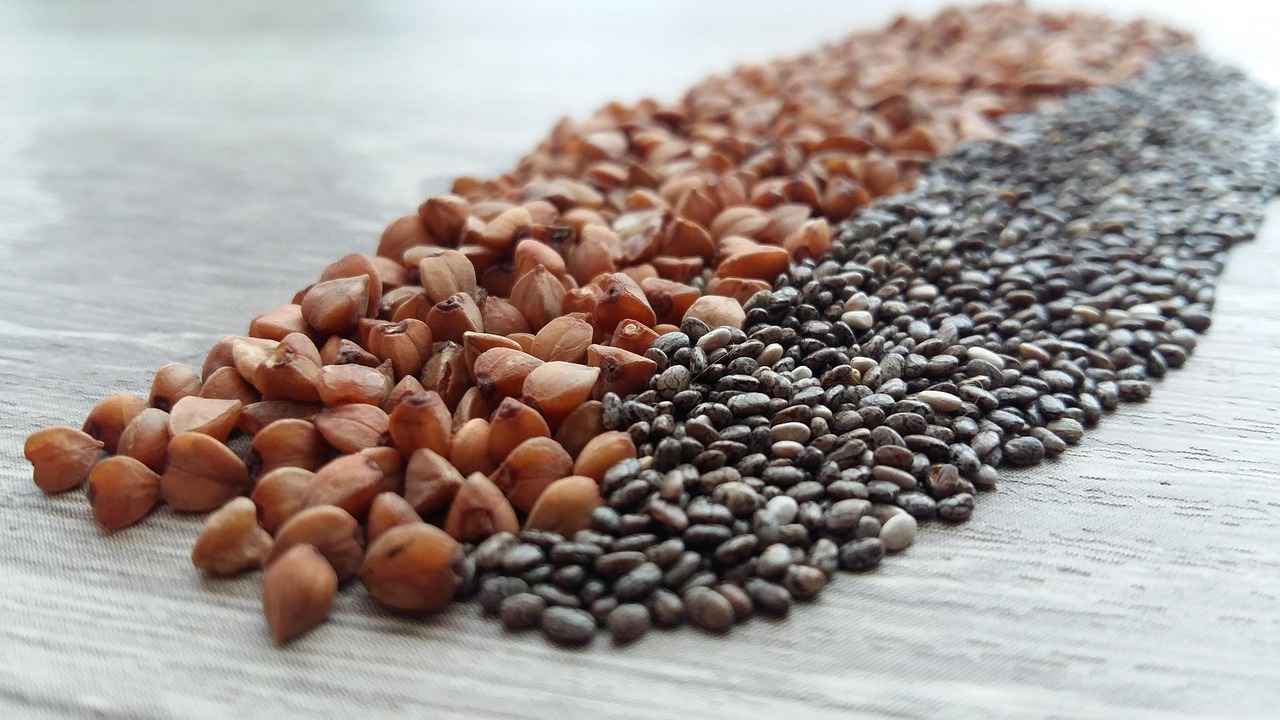
How to Incorporate Chia Seeds into Your Diet
Incorporating chia seeds into your meals is not only easy but also a delightful way to enhance the nutritional value of your diet. These tiny seeds are incredibly versatile and can be added to a variety of dishes, making them a favorite among health enthusiasts. Below are some practical tips and delicious recipes to help you make the most of chia seeds in your daily meals.
Chia seeds are packed with essential nutrients, including omega-3 fatty acids, fiber, and protein. Their ability to absorb liquid makes them a great addition to many recipes, providing a unique texture and enhancing the satiety of meals. Here are some easy ways to incorporate them:
- Breakfast Boost: Add chia seeds to your morning smoothie or oatmeal. They can also be mixed into yogurt for added crunch and nutritional benefits.
- Baking Buddy: Incorporate chia seeds into baked goods like muffins, bread, or pancakes. They can replace eggs in vegan recipes when mixed with water, acting as a binding agent.
- Salad Enhancer: Sprinkle chia seeds on top of salads for a nutty flavor and added texture. They pair well with leafy greens, vegetables, and dressings.
- Chia Pudding: Create a delicious chia pudding by mixing chia seeds with your choice of milk (dairy or plant-based) and letting it sit overnight. Add fruits, nuts, or sweeteners for flavor.
Here are some tasty recipes that showcase the versatility of chia seeds:
| Recipe | Ingredients | Instructions |
|---|---|---|
| Chia Seed Pudding | 1/4 cup chia seeds, 1 cup almond milk, 1 tbsp honey, fruits | Mix all ingredients in a bowl, refrigerate for at least 4 hours or overnight, then serve with fruits. |
| Chia Smoothie | 1 banana, 1 cup spinach, 1 tbsp chia seeds, 1 cup coconut water | Blend all ingredients until smooth. Enjoy as a nutritious breakfast or snack. |
| Chia Seed Energy Bites | 1 cup oats, 1/4 cup chia seeds, 1/2 cup nut butter, honey | Mix ingredients, form into balls, and refrigerate for a quick snack. |
To maximize the benefits of chia seeds, consider the following tips:
- Soak Before Use: Soaking chia seeds in water or milk helps them expand and become gel-like, making them easier to digest.
- Start Small: If you are new to chia seeds, start with a small amount to see how your body reacts, especially if you are sensitive to fiber.
- Store Properly: Keep chia seeds in a cool, dry place to maintain their freshness and nutritional value.
By incorporating chia seeds into your meals, you can easily enhance the nutritional profile of your diet. Whether you choose to add them to smoothies, salads, or baked goods, their versatility and health benefits make them a valuable addition to any meal plan.
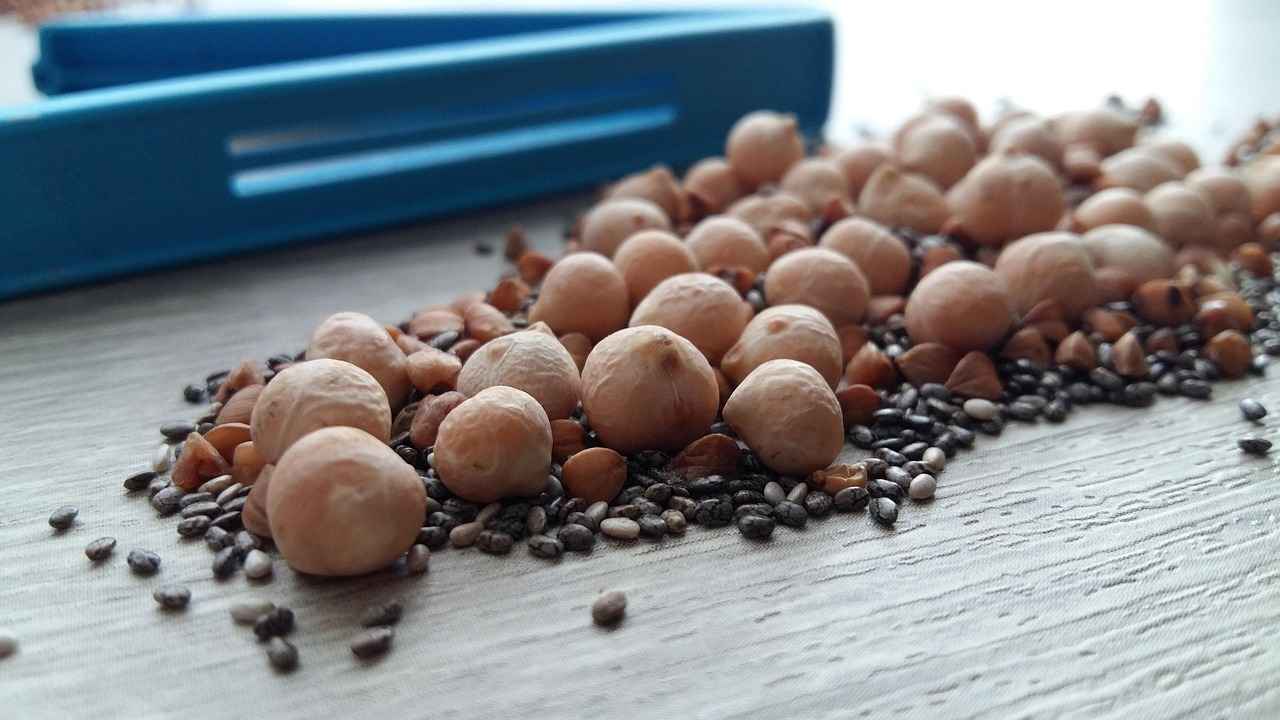
Chia Seeds vs. Other Protein Sources
Chia seeds have emerged as a popular protein source, especially among those seeking plant-based alternatives. When comparing chia seeds to traditional protein sources such as whey and soy, it is essential to understand their unique benefits and drawbacks. This section provides a comprehensive analysis of how chia seeds stack up against these protein giants.
Chia seeds are not only packed with protein but also offer a rich source of omega-3 fatty acids, fiber, and essential minerals. This nutrient profile sets them apart from many other protein sources. For instance, while whey protein is highly regarded for its complete amino acid profile and quick absorption, chia seeds provide a slower release of energy, which can be beneficial for sustained energy levels.
| Protein Source | Protein per Serving | Other Nutrients |
|---|---|---|
| Chia Seeds (2 tbsp) | 4g | Omega-3, Fiber, Calcium |
| Whey Protein (1 scoop) | 20-25g | Calcium, B Vitamins |
| Soy Protein (1 scoop) | 20g | Iron, Calcium |
- High Fiber Content: Chia seeds contain a substantial amount of fiber, which aids in digestion and promotes satiety.
- Complete Amino Acids: While chia seeds do not contain as much protein as whey or soy, they provide all nine essential amino acids, making them a complete protein source.
- Hydration Benefits: Chia seeds can absorb up to 12 times their weight in water, which can help maintain hydration levels during workouts.
Despite their numerous benefits, chia seeds have some drawbacks when compared to other protein sources:
- Lower Protein Concentration: Chia seeds offer less protein per serving than whey or soy, which may not meet the needs of those looking for high protein intake.
- Digestive Issues: Some individuals may experience digestive discomfort if chia seeds are consumed in excess, particularly if not adequately hydrated.
For those focusing on muscle recovery and growth, whey protein is often the preferred choice due to its high protein content and fast absorption rate. However, for individuals seeking a plant-based alternative or those with lactose intolerance, chia seeds offer a viable option that supports overall health and wellness.
Soy protein is another popular plant-based protein that competes with chia seeds. It provides a similar protein content but lacks the omega-3 fatty acids found in chia. The choice between soy and chia may depend on dietary preferences and specific health goals.
In summary, while chia seeds may not replace traditional protein sources for everyone, they offer distinct advantages that can complement a balanced diet. Their unique nutritional profile makes them a valuable addition, particularly for those seeking plant-based options.
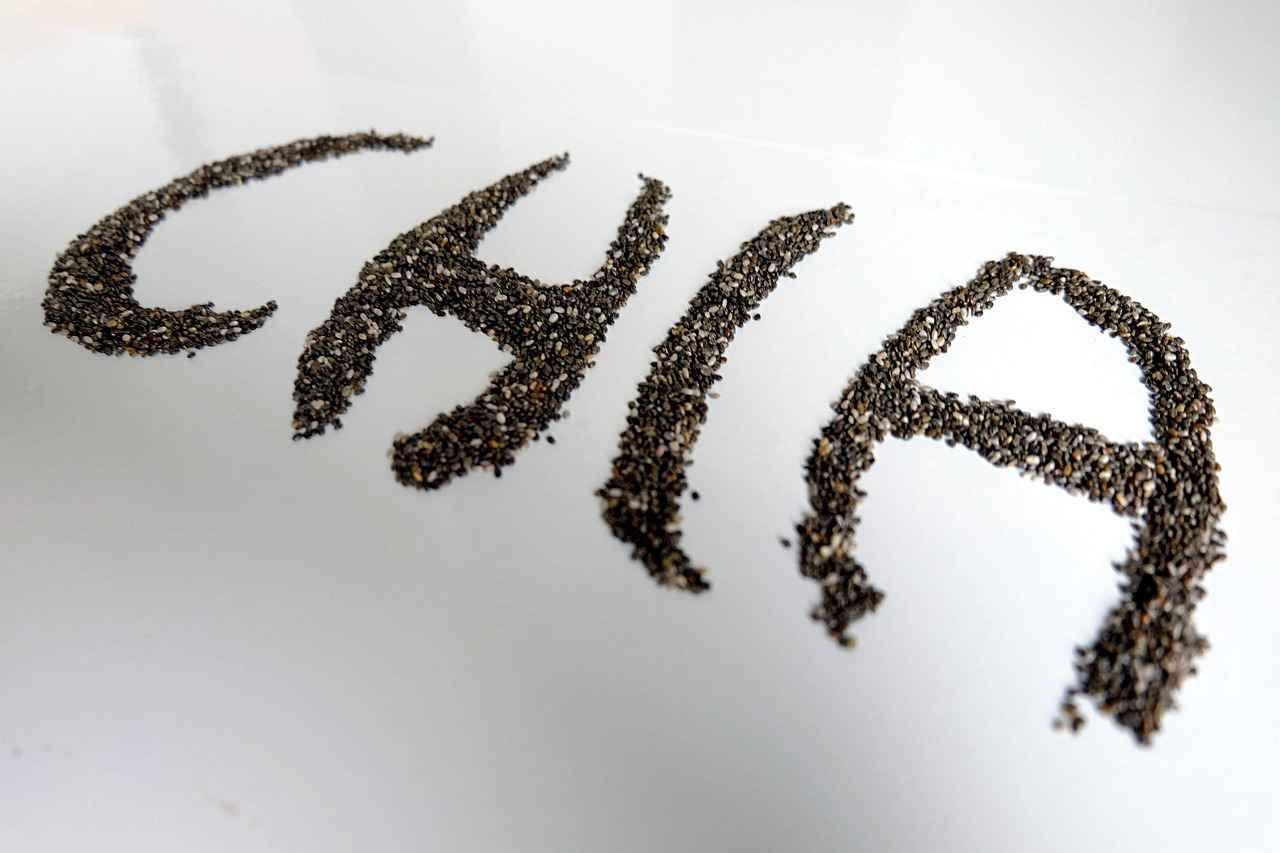
Are There Any Side Effects of Chia Seeds?
Chia seeds have become a staple in many health-conscious diets due to their impressive nutritional profile. However, as with any food, it’s important to be aware of potential side effects, particularly when consumed in large quantities. This section aims to provide a comprehensive understanding of the possible side effects associated with chia seeds and offers practical advice on how to enjoy them safely.
While chia seeds are generally considered safe, some individuals may experience digestive issues if they consume them in excess. The high fiber content in chia seeds, which is approximately 11 grams per ounce, can lead to gastrointestinal discomfort, particularly for those who are not used to a high-fiber diet. Common symptoms include:
- Gas and bloating
- Abdominal pain
- Diarrhea or constipation
To minimize the risk of digestive problems, it is advisable to gradually introduce chia seeds into your diet. Here are some tips:
- Start Small: Begin with 1 teaspoon of chia seeds and gradually increase the amount to allow your digestive system to adjust.
- Hydrate Properly: Chia seeds can absorb up to 12 times their weight in water. Always consume them with sufficient liquid to prevent them from expanding in your stomach.
- Soak Before Consumption: Soaking chia seeds in water or another liquid for at least 30 minutes can help break down the fiber and make them easier to digest.
In rare cases, individuals may experience allergic reactions to chia seeds. Symptoms can include:
- Skin rashes
- Itching or swelling
- Difficulty breathing
If you suspect an allergy, it’s crucial to discontinue use and consult a healthcare professional.
Chia seeds can also interact with certain medications. Their high omega-3 fatty acid content may have a blood-thinning effect, which could amplify the effects of anticoagulant medications. Always consult with a healthcare provider if you are on medication before incorporating chia seeds into your diet.
In summary, while chia seeds are a nutritious addition to your diet, being mindful of their consumption is essential. By starting with small amounts, ensuring adequate hydration, and being aware of potential allergic reactions and medication interactions, you can enjoy the numerous health benefits that chia seeds offer without adverse effects.
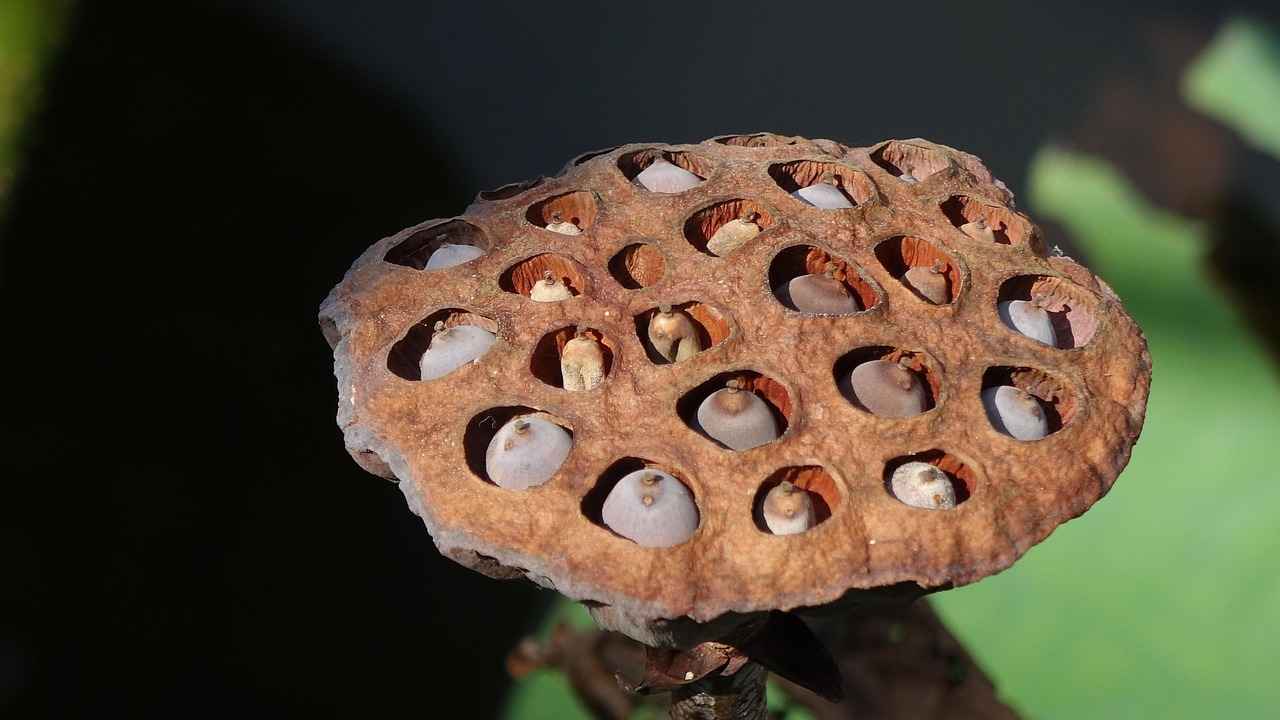
Chia Seeds and Weight Management
Chia seeds, often hailed as a superfood, are not just a trendy addition to smoothies and salads; they play a significant role in weight management. Their unique properties can help control appetite and promote a healthy diet, making them a valuable ally for those looking to maintain or lose weight.
One of the primary reasons chia seeds are effective for weight management is their high fiber content. Just two tablespoons of chia seeds contain about 11 grams of fiber, which is essential for promoting feelings of fullness. When consumed, chia seeds absorb water and expand in the stomach, creating a gel-like substance that can help you feel satisfied for longer periods. This satiating effect can reduce overall calorie intake by curbing unnecessary snacking between meals.
In addition to fiber, chia seeds are rich in healthy fats, particularly omega-3 fatty acids. These fats are not only beneficial for heart health but also play a role in reducing inflammation and improving metabolic health. By incorporating chia seeds into your diet, you can enjoy a nutrient-dense food that supports your body’s needs while helping to manage your weight.
Another important aspect of chia seeds is their protein content. With approximately 4 grams of protein per 2 tablespoons, chia seeds can help in muscle maintenance and repair, especially for those who engage in regular physical activity. Protein is known for its ability to enhance satiety, further aiding in appetite control. By including chia seeds in meals, you can create a balanced and satisfying diet that supports weight loss efforts.
To incorporate chia seeds into your daily routine, consider adding them to smoothies, oatmeal, or yogurt. They can also be used to create chia pudding by soaking them in milk or a dairy-free alternative overnight. This versatile seed can be sprinkled on salads or added to baked goods, making it easy to enhance your meals without significantly altering their taste.
While chia seeds offer numerous benefits for weight management, it is essential to consume them in moderation. Overindulgence may lead to digestive discomfort due to their high fiber content. It is advisable to start with a small amount and gradually increase your intake to allow your body to adjust.
In summary, chia seeds are a powerful tool for anyone looking to manage their weight effectively. Their unique combination of fiber, healthy fats, and protein work together to promote satiety and reduce calorie intake. By incorporating chia seeds into your diet, you can enjoy a nutritious food that supports your weight management goals while providing essential nutrients for overall health.
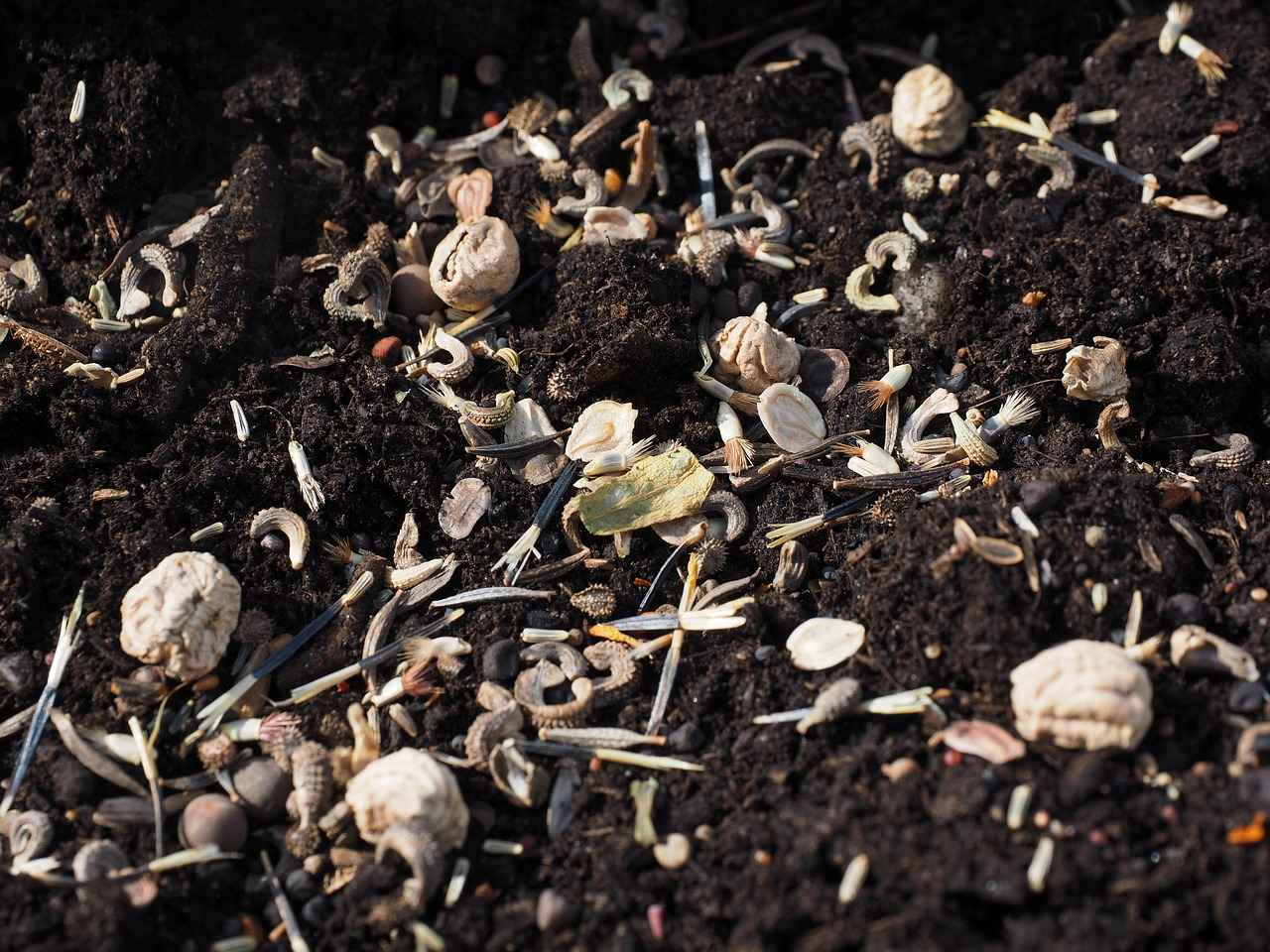
What Nutrients Are Found in Chia Seeds?
Chia seeds are not just a source of protein; they are a nutritional powerhouse that offers a wide range of essential nutrients. These tiny seeds, derived from the Salvia hispanica plant, have gained immense popularity due to their impressive health benefits. In this section, we will explore the rich nutritional profile of chia seeds and how they contribute to overall health.
Chia seeds are packed with a variety of nutrients that are crucial for maintaining good health. Here’s a breakdown of their key components:
- Omega-3 Fatty Acids: Chia seeds are one of the richest plant sources of omega-3 fatty acids, particularly alpha-linolenic acid (ALA). These healthy fats are known for their anti-inflammatory properties and role in heart health.
- Dietary Fiber: With about 11 grams of fiber per ounce, chia seeds are an excellent source of dietary fiber. This fiber aids in digestion, helps maintain a healthy weight, and supports gut health.
- Protein: Chia seeds contain approximately 4 grams of protein per 2 tablespoons. This makes them a great option for those seeking plant-based protein sources to support muscle growth and repair.
- Vitamins and Minerals: Chia seeds are rich in several important vitamins and minerals, including calcium, magnesium, phosphorus, and manganese. These nutrients are essential for bone health, energy production, and metabolic processes.
- Antioxidants: Chia seeds are loaded with antioxidants, which help combat oxidative stress and protect the body from damage caused by free radicals.
The combination of these nutrients makes chia seeds a versatile addition to any diet. Their high fiber content can help you feel full longer, making them beneficial for those looking to manage their weight. Additionally, the omega-3 fatty acids in chia seeds support cardiovascular health, while the protein content aids in muscle recovery and growth.
Moreover, chia seeds can absorb up to 12 times their weight in water, which can help with hydration. This property makes them particularly popular among athletes and those engaging in physical activities. When consumed, they form a gel-like substance that slows digestion, allowing for a steady release of energy.
Incorporating chia seeds into your diet is simple. They can be added to smoothies, yogurt, oatmeal, or baked goods. Their neutral flavor allows them to blend seamlessly into a variety of dishes, making it easy to reap their health benefits.
In conclusion, chia seeds are a nutrient-dense superfood that offers a multitude of health benefits. With their rich profile of omega-3 fatty acids, fiber, protein, vitamins, and minerals, they are an excellent choice for anyone looking to enhance their diet and improve their overall health.

Can Chia Seeds Help with Hydration?
Chia seeds have become increasingly popular among health-conscious individuals, particularly athletes and those who lead active lifestyles. One of the remarkable properties of chia seeds is their ability to absorb significant amounts of water, which can play a crucial role in hydration. In this section, we will explore how this unique characteristic of chia seeds can be beneficial for hydration, especially for those engaged in physical activities.
Chia seeds can absorb up to 12 times their weight in water. When soaked, they form a gel-like substance due to the soluble fiber they contain. This gel not only aids in hydration but also helps to slow down the digestion process, providing a steady release of energy. This property makes chia seeds an excellent choice for athletes who need sustained hydration during their workouts.
Staying hydrated is essential for optimal performance, especially for athletes. Dehydration can lead to fatigue, decreased coordination, and impaired cognitive function. By incorporating chia seeds into their diet, athletes can enhance their hydration levels, as these seeds help to retain water in the body. This is particularly beneficial during long training sessions or competitions.
- Chia Seed Gel: Mix chia seeds with water and let them sit for about 30 minutes to form a gel. This gel can be added to smoothies, yogurt, or even consumed on its own.
- Chia Water: Simply add a tablespoon of chia seeds to a glass of water, stir, and let it sit for a few minutes. This refreshing drink can be consumed before, during, or after workouts.
- In Recipes: Chia seeds can be incorporated into various dishes such as oatmeal, salads, and baked goods, providing both hydration and nutritional benefits.
In addition to their hydration benefits, chia seeds are packed with essential nutrients. They are an excellent source of omega-3 fatty acids, which are known for their anti-inflammatory properties. This can help athletes recover faster from intense workouts. Furthermore, the high fiber content in chia seeds promotes digestive health, ensuring that athletes can maintain their energy levels without feeling bloated or sluggish.
While chia seeds can aid in hydration, they should not be considered a complete replacement for water. It is crucial for athletes to maintain a balanced intake of fluids. Chia seeds can complement a hydration strategy, especially when consumed alongside adequate water intake.
In summary, chia seeds offer a unique way to enhance hydration for athletes and active individuals. Their ability to absorb water, combined with their nutrient-rich profile, makes them a valuable addition to any diet aimed at improving performance and recovery. By incorporating chia seeds into your daily routine, you can ensure that you stay hydrated and energized, ready to take on any challenge.
Frequently Asked Questions
- What are chia seeds, and why are they considered a superfood?
Chia seeds are tiny seeds from the Salvia hispanica plant, packed with nutrients like protein, omega-3 fatty acids, and fiber. Their impressive nutritional profile makes them a go-to superfood for those looking to boost their health and fitness.
- How can chia seeds help with muscle growth?
Chia seeds provide essential amino acids and nutrients that support muscle repair and growth. Including them in your diet can enhance recovery after workouts, making them a great addition for fitness enthusiasts.
- Are there any side effects of consuming chia seeds?
While chia seeds are generally safe, consuming them in large amounts may lead to digestive issues for some people. It’s best to start with small servings and gradually increase your intake to avoid discomfort.
- How can I easily incorporate chia seeds into my meals?
Incorporating chia seeds is a breeze! You can add them to smoothies, yogurt, oatmeal, or even bake them into muffins. Their versatility makes it easy to boost your meals with extra nutrition.
- Do chia seeds help with hydration?
Yes! Chia seeds can absorb up to 10-12 times their weight in water, which can help keep you hydrated. This property is particularly beneficial for athletes and those engaging in intense physical activities.
